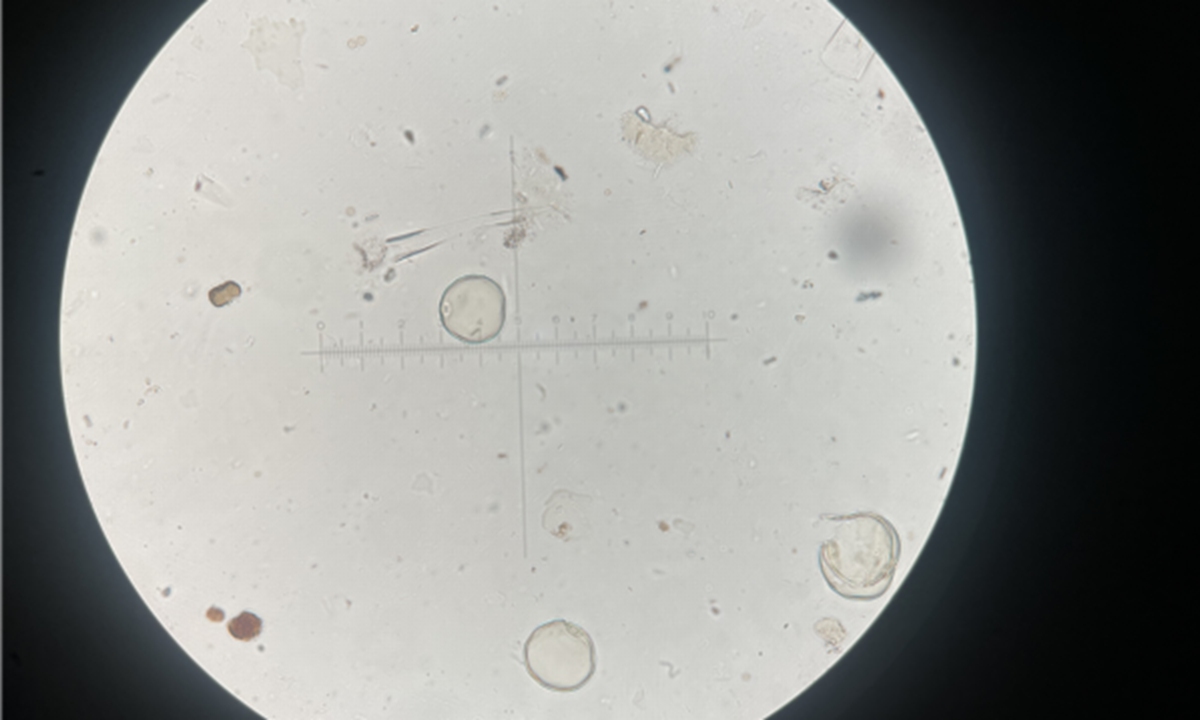ARTS / CULTURE & LEISURE
Archaeological finds in Nanjing reveal over 8,000-yr-old rice eating tradition

File photo
Through studying pollen substances discovered in mud, a recent Chinese research project has interestingly uncovered that ancient people in Nanjing, Jiangsu Province, may have started consuming rice more than 8,000 years ago.
The project is led by archaeological expert Shu Junwu, who is also a researcher at the Nanjing Institute of Geology and Paleontology, China Academy of Sciences (NIGPAS).
A rice-like type of pollen was extracted from a dark soil sample that Shu had "unexpectedly" discovered seven years ago.
The unexpected nature of the find is due to Shu accidentally seeing the soil exposed during a local geologic prospecting project. It appeared to be extremely black and blended with plant residue.
"It was not typical soil, but soil that had sunk in an ancient lake. We speculate that the soil belonged to Yanque Lake," Shu remarked.
Yanque Lake was an ancient lake situated at the urban center of Nanjing.
Nanjing local historian Xiang Yangxin told the Global Times that the lake had been filled at the beginning of the Ming Dynasty by the dynasty's founding emperor Zhu Yuanzhang so he could build a palace.
"The lake was situated in today's Xuanwu district. A lot of archaeological discoveries that have been made in this district reveal the ancient Nanjing people's activities," Xiang told the Global Times.
After collecting the lake soil, Shu and his team of two other researchers conducted carbon-14 dating analysis. The discovery was exciting since the pollen sample appears to be around 8,200 years old.
Shu said that the result is a strong indicator that the tradition of cultivating and eating rice had been adopted by the ancient people of Nanjing for a long time.
The discovered pollen grains range around 38 microns in size, such a "large" size is the result of ancient people's agricultural efforts, Shu emphasized.
"The discovery also reflects the Chinese agricultural wisdom in ancient times. Rice is the staple food for the Chinese people, and how it has been cultivated also reflects ancient Chinese people's philosophies regarding the environment and nature," Wang Meng, an archaeologist in Beijing, told the Global Times.
Prior to the Nanjing discovery, in 2010, several carbonized rice remains were also discovered in Suqian, Jiangsu Province. Those discovered rice particles were dated to 8,500 years ago.
"We often call Jiangsu Province the 'hometown of fish and rice.' These discoveries testify to the title of the province," Wang said.
